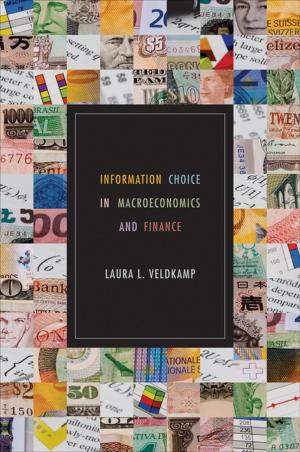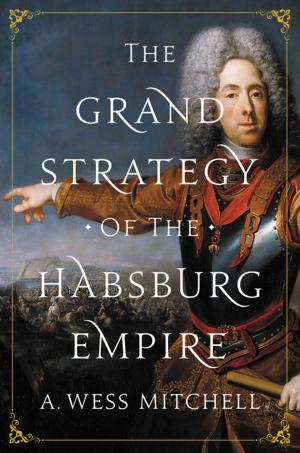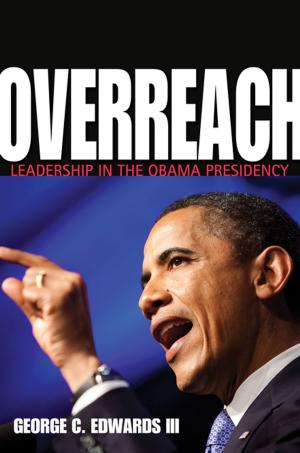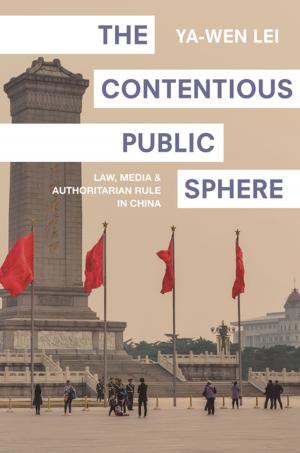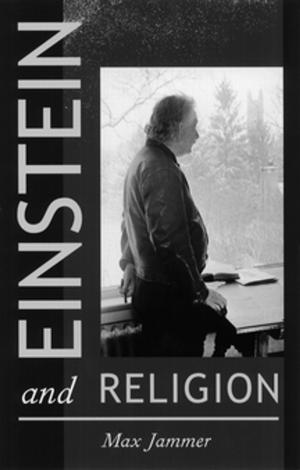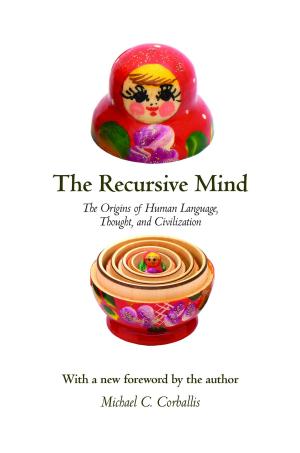The City-State of Boston
The Rise and Fall of an Atlantic Power, 1630-1865
Nonfiction, History, Americas, United States, Colonial Period (1600-1775)| Author: | Mark Peterson | ISBN: | 9780691185484 |
| Publisher: | Princeton University Press | Publication: | April 23, 2019 |
| Imprint: | Princeton University Press | Language: | English |
| Author: | Mark Peterson |
| ISBN: | 9780691185484 |
| Publisher: | Princeton University Press |
| Publication: | April 23, 2019 |
| Imprint: | Princeton University Press |
| Language: | English |
A groundbreaking history of early America that shows how Boston built and sustained an independent city-state in New England before being folded into the United States
In the vaunted annals of America’s founding, Boston has long been held up as an exemplary “city upon a hill” and the “cradle of liberty” for an independent United States. Wresting this iconic urban center from these misleading, tired clichés, The City-State of Boston highlights Boston’s overlooked past as an autonomous city-state, and in doing so, offers a pathbreaking and brilliant new history of early America. Following Boston’s development over three centuries, Mark Peterson discusses how this self-governing Atlantic trading center began as a refuge from Britain’s Stuart monarchs and how—through its bargain with slavery and ratification of the Constitution—it would tragically lose integrity and autonomy as it became incorporated into the greater United States.
Drawing from vast archives, and featuring unfamiliar figures alongside well-known ones, such as John Winthrop, Cotton Mather, and John Adams, Peterson explores Boston’s origins in sixteenth-century utopian ideals, its founding and expansion into the hinterland of New England, and the growth of its distinctive political economy, with ties to the West Indies and southern Europe. By the 1700s, Boston was at full strength, with wide Atlantic trading circuits and cultural ties, both within and beyond Britain’s empire. After the cataclysmic Revolutionary War, “Bostoners” aimed to negotiate a relationship with the American confederation, but through the next century, the new United States unraveled Boston’s regional reign. The fateful decision to ratify the Constitution undercut its power, as Southern planters and slave owners dominated national politics and corroded the city-state’s vision of a common good for all.
Peeling away the layers of myth surrounding a revered city, The City-State of Boston offers a startlingly fresh understanding of America’s history.
A groundbreaking history of early America that shows how Boston built and sustained an independent city-state in New England before being folded into the United States
In the vaunted annals of America’s founding, Boston has long been held up as an exemplary “city upon a hill” and the “cradle of liberty” for an independent United States. Wresting this iconic urban center from these misleading, tired clichés, The City-State of Boston highlights Boston’s overlooked past as an autonomous city-state, and in doing so, offers a pathbreaking and brilliant new history of early America. Following Boston’s development over three centuries, Mark Peterson discusses how this self-governing Atlantic trading center began as a refuge from Britain’s Stuart monarchs and how—through its bargain with slavery and ratification of the Constitution—it would tragically lose integrity and autonomy as it became incorporated into the greater United States.
Drawing from vast archives, and featuring unfamiliar figures alongside well-known ones, such as John Winthrop, Cotton Mather, and John Adams, Peterson explores Boston’s origins in sixteenth-century utopian ideals, its founding and expansion into the hinterland of New England, and the growth of its distinctive political economy, with ties to the West Indies and southern Europe. By the 1700s, Boston was at full strength, with wide Atlantic trading circuits and cultural ties, both within and beyond Britain’s empire. After the cataclysmic Revolutionary War, “Bostoners” aimed to negotiate a relationship with the American confederation, but through the next century, the new United States unraveled Boston’s regional reign. The fateful decision to ratify the Constitution undercut its power, as Southern planters and slave owners dominated national politics and corroded the city-state’s vision of a common good for all.
Peeling away the layers of myth surrounding a revered city, The City-State of Boston offers a startlingly fresh understanding of America’s history.






